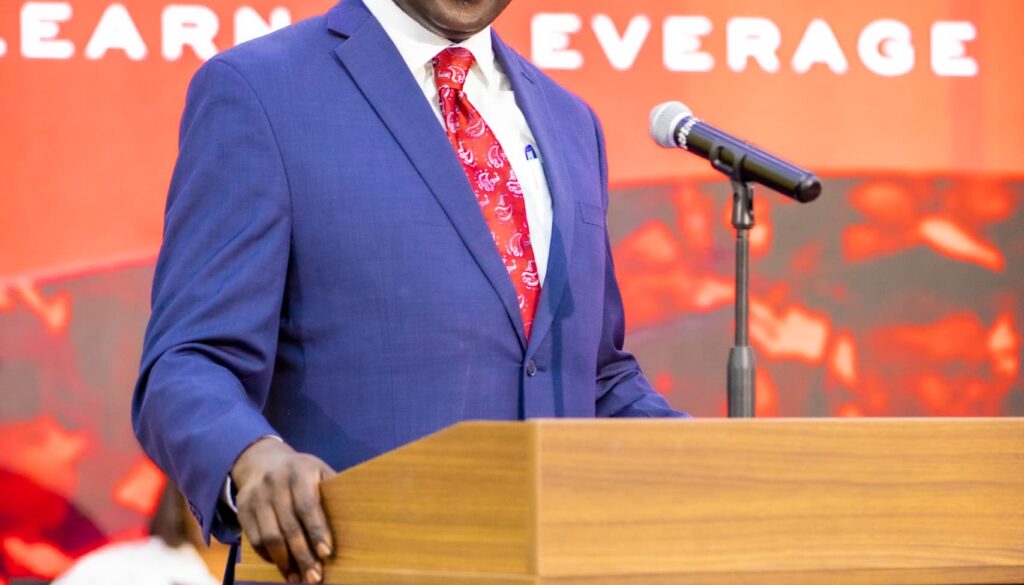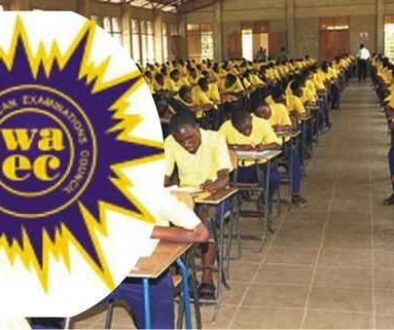CABINET APPROVES GIFTED AND TALENTED EDUCATION POLICY
Source: tntnewspapergh.com


Dr Osei Yaw Adutwum
Cabinet has approved the implementation of a Gifted and Talented Education (GATE) program in Ghana, aimed at providing enhanced and accelerated education for gifted and talented children.
The GATE program will cater to learners with exceptional abilities, talents, and potential for accomplishments, requiring special provisions to meet their educational needs. These children typically exhibit exceptional achievements or potentials in areas such as high-level intelligence, specific aptitudes, creative thinking, superior talent in visual and performing arts, natural leadership, and outstanding performance in athletics or mechanical skills.
Despite being a key priority in most educational systems worldwide, GATE has not been introduced in Ghana’s publicly funded or private education sector. The Education Strategic Plan (2018-2030) also fails to highlight GATE education as a key strategy for socio-economic transformation. This oversight risks neglecting high-ability children, who are likely to become future scientists, inventors, poets, and entrepreneurs.
Education Minister Dr. Yaw Osei Adutwum has submitted a proposal for GATE education to address this gap. The proposal emphasizes the need for specialized services and activities beyond the standard curriculum to develop exceptional capabilities. Dr. Adutwum argues that challenging these children beyond the ordinary will bring out their best and enable Ghana to leapfrog inequality and economic development.
Countries that introduced GATE education in the 1960s and 1970s have benefited significantly from maximizing socio-economic development through innovations and inventions. Ghana can follow suit by harnessing the potential of its gifted and talented youth. The Ministry expects the GATE program to have major socio-economic impacts across the country.
Implementation will begin with introducing career pathways and new course offerings for Sciences and Arts from junior high school to senior high school level. The Ghana Education Service (GES) and Technical and Vocational Education and Training (TVET) Service will implement GATE, leveraging their special education divisions’ expertise.
The proposal recommends supporting GES and TVET in implementing GATE, rather than establishing a separate agency. This approach will ensure efficient use of public funds and avoid confusion among agencies and the populace.
GATE programs will be organized to positively impact disadvantaged communities, including rural and Zongo communities. Opportunity gaps for rural gifted students will be addressed through identification, assessment, programming, staffing, professional development, and policy.
Initially, newly established schools at the JHS and SHS levels will be designated GATE schools, enrolling 100% GATE students. Subsequently, qualified GATE students will be enrolled in GATE programs at their current schools, receiving the same enriching experiences as their counterparts in GATE-designated schools.
The National Council for Curriculum and Assessment (NaCCA )will develop GATE pathways curriculum, instruction, and assessment, establish guidelines for student selection, create opportunities for under-represented groups, and develop guidelines for GATE teacher training and selection.






